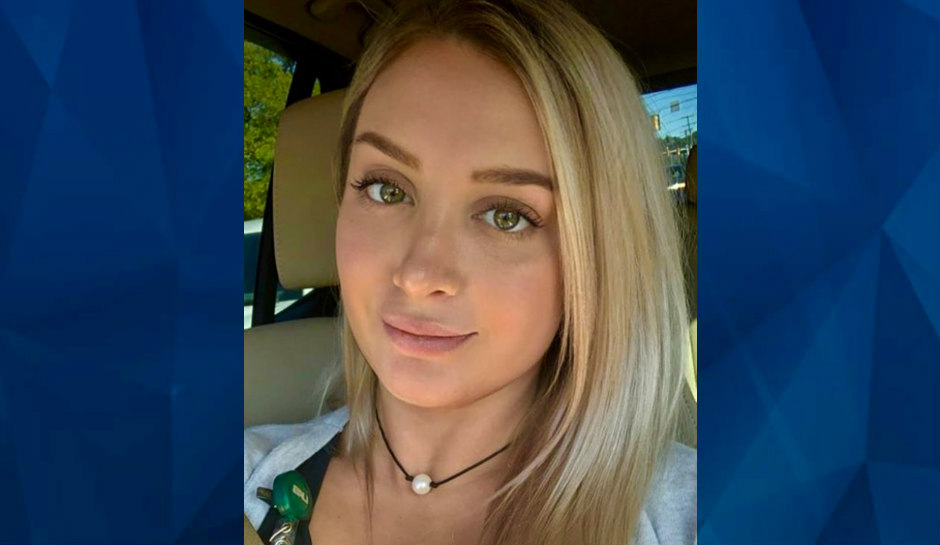Jason McIntosh, a former small town Alabama police officer, pleaded guilty in March to the murder of his wife, a reduced charge that took away the death penalty and sent him to prison instead for 30 years.
Megan Montgomery, 31, was found shot to death in the parking lot of an athletic complex at Mountain Brook High School in December 2019. She had left McIntosh three months earlier after months of domestic abuse, as CrimeOnline previously reported.
Montgomery’s family started a charitable fund to help women get out of abusive situations and to understand the cycle of abuse that often traps the, WBRC reported at the time.
But McIntosh’s guilty plea didn’t prepare the family to learn that the state of Alabama, which took away McIntosh’s gun in February 2019 after he shot her in the arm, gave it back to him just two weeks before he used it to kill her.
“So the restraining order can prohibit him from ‘contacting, phoning, texting, harassing, stalking,’ but oh by the way, you can have a gun? That’s ridiculous,” Megan’s mother, Susann Montgomery-Clark, told NBC News.
It may not have even been legal. As NBC reported, Alabama law says that no person “who is subject to a valid protection order for domestic abuse … shall own a firearm or have one in his or her possession or under his or her control.”
The Alabama Law Enforcement Agency argued that since the investigation into the February a shooting incident was closed, “ALEA had no legal justification for keeping his private property.”
Lindsay Nichols, head of the anti-gun organization Giffords Law Center, said that just wasn’t true. Alabama and 28 other states have statutes that say anyone convicted of domestic violence abuse or with a protective order against them can’t own a gun. The problem, she said, is enforcement.
“The federal law that says these people are prohibited from possessing guns, it doesn’t automatically make the guns disappear out of their hands,” she said. “There’s nothing at all on the books in Alabama that requires the court to tell the person that they have to surrender guns.”
Courtney Cross, director of the domestic violence clinic at the University of Alabama School of Law, told NBC that judges often leave it to defendants to disarm themselves, and that rarely happens.
That still doesn’t explain ALEA giving McIntosh his gun. His attorney, Tommy Spina, told NBC “it was irrational, illogical, and not prudent to do so.”
Had state officials kept it, he said, “I don’t think what happened that night would have happened that night.”
Advocates for domestic violence victims say that Megan Montgomery’s story isn’t unusual. She struggled with coming to terms with what she was experiencing, and eventually became determined to get herself out of the situation. She recorded interactions — including a 13 minute recording of a conversation in which McIntosh talked about his fascination with serial killers and that planning mass shootings helped him sleep at night. He also told Montgomery he sometimes wanted to beat her to death with a tennis racket.
Eventually, she moved out into her own apartment. That was in September 2019. Two months later, ALEA gave Jason McIntosh his gun. And 16 days after that, Megan Montgomery was dead.
For the latest true crime and justice news, subscribe to the ‘Crime Stories with Nancy Grace’ podcast:
[Featured image: Megan Montgomery/handout]



